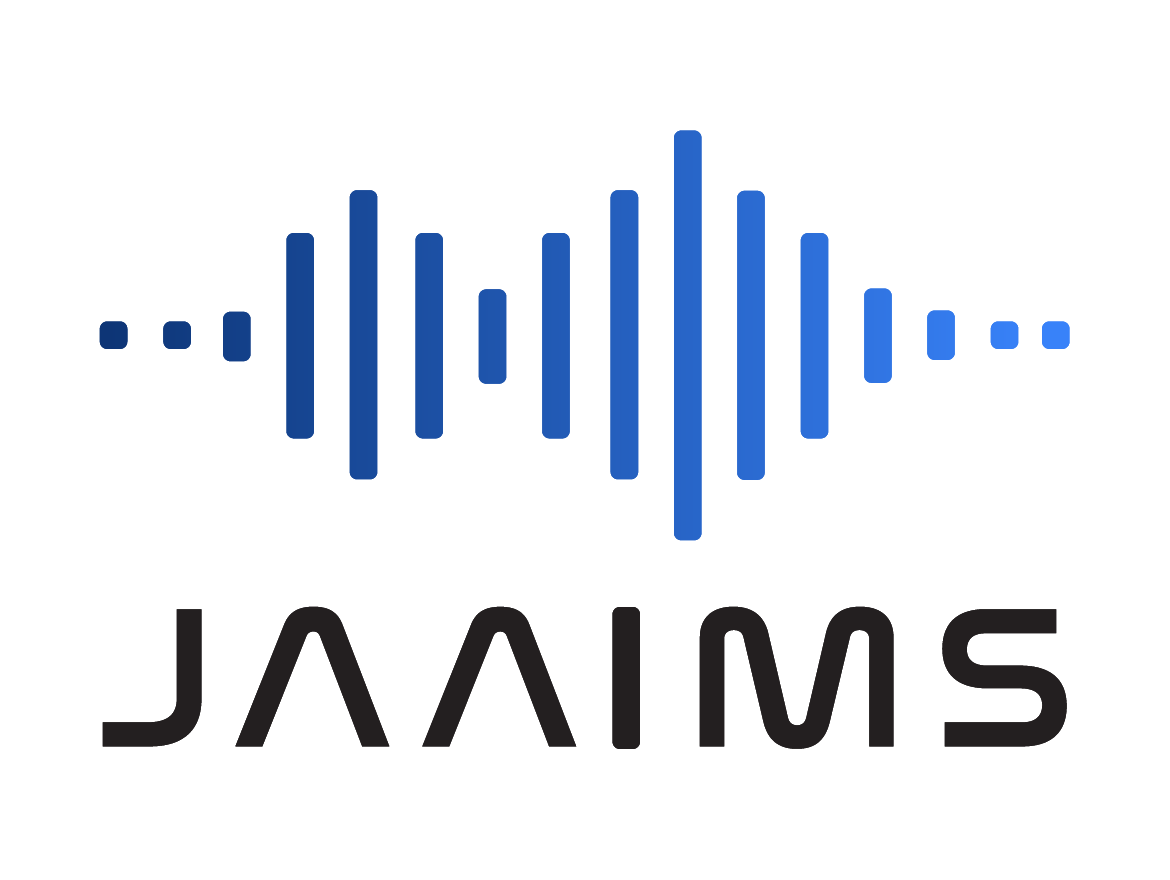Written by Tui Eruera, CEO and Founder of Jaaims
Published 20 January 2023
Tesla shares seem to falling faster than Shane van Gisbergen heading down Conrad Straight. What does it mean for investors?
Elon Musk has a knack for attracting attention. And this time he’s in the headlines for all the wrong reasons.
The Tesla boss has notched up the unenviable feat of losing the most money in history after dropping a lazy $US182 billion since late 2021.
According to the Guiness Book of Records, which has a category for these things (who knew?), Musk’s total losses eclipse the previous record loss of $US58.6 billion, set by Japanese tech investor Masayoshi Son in 2000[1].
It’s hard to see many people shedding tears for Musk. He is, after all, the second richest person in the world.
If anyone deserves our sympathy, it’s Tesla shareholders.
After hitting a high of $US402 in November 2021, Tesla is now trading at $US131[2]. This 68% fall in value is, ironically, shared with Bitcoin, something that at one stage Tesla was heavily invested in.
Plenty of pundits are suggesting that Musk’s buyout of Twitter has been a key factor behind Tesla stock hitting reverse gear. It’s not just about Musk selling millions of Tesla shares to fund his Twitter purchase. There’s also a suggestion that Musk has taken his eyes off the Tesla ball to focus on other matters such as sacking almost half Twitter’s workforce.
The reality however, is that Tesla is facing a far bigger threat than Musk’s takeover of Twitter.
No longer the main player
Tesla’s fall from grace reflects a normalisation of the auto sector as carmakers ramp up production of electric vehicles (EVs).
For years Tesla enjoyed a near-monopoly, dominating the market for electric vehicles (EVs) at a time when demand outstripped supply. That’s not the case anymore.
Back in 2012, just 120 000 electric cars were sold worldwide. By 2022, over 2 million EVs were sold in just the first quarter of the year alone, up 75% from the same period in 2021[3].
This sort of demand has, not surprisingly, fuelled carmakers’ plans to electrify their fleets. Five times more new EV models were available in 2021 than in 2015.
Today, motorists can pick from 450 different EVs.
This all increases the attractiveness of electric cars for consumers. Competition, as always, also helps to push down the price of electric cars. The global sales-weighted average price of EVs in 2021 was just over $US36,000, down 7% on 2020[4].
Obviously, this is not great news for a luxury brand like Tesla.
As more affordable brands come onto the market, the pendulum is shifting in favour of car buyers, and this is heralding a very different era – potentially one of aggressive price discounting.
Just days ago we saw Tesla slash prices globally by up to 20%.
Other carmakers buck the trend
At a time when Tesla stocks have been on a downward slide, other carmakers have notched up gains.
After hitting a low of €24 in March 2022, Groupe Renault is currently trading at €38. Bayerische Motoren Werke AG (better known as BMW) has seen its share price rise from €71 in the first quarter of last year to trade at €92 today.
Mercedes Benz Group AG was trading at €50 last August, and is now valued at around €67.
It’s a similar story with Japanese manufacturers, many of which have seen their stocks rise.
The share price of Volkswagen Group has been in the doldrums, with the company particularly hard hit by supply chain disruptions for semiconductors – largely due to the conflict in Ukraine. But it remains one of the best-selling EV brands in Europe, and has big ambitions in China, the world’s largest auto market.
No longer a Tesla story
The upshot is that the EV market is no longer a ‘Tesla story’.
Carmakers around the world are ramping up production of EVs, and new electric-only rivals such as Lucid, Fisker and Polestar are putting their hat in the ring.
All are well-placed to take advantage of what is set to be continuing strong demand – in many cases underpinned by government mandates.
The European Union has banned the sale of internal combustion engine (ICE) vehicles from 2035. China, Canada, Singapore and New Zealand have all joined the list of nations banning the sale of old-style fossil-fuelled vehicles at various dates in the future.
Here in Australia, the ACT government has banned the sale of new ICE vehicles from 2035. However, as a geographically large nation, one of the big hurdles we face is the lack of EV chargers, particularly in regional areas.
The Electric Vehicle Council[5] says there has been a 22% increase in fast and ultra-fast charger locations since 2021, with around 350 chargers now available to the public. But obviously there is still a way to go.
In terms of the bigger picture, Australia will continue to see significant adoption of EVs, but ours is a small market on a global scale, and we won’t move the needle relative to other markets.
At Jaaims, we continue to have a strong conviction on automotive manufacturers outside of Tesla. Mercedes has read the room better than its rivals, and VW represents good value as the company’s supply chain woes will be sorted in time.
Jaaims AI agrees with this, with the algorithm ticking both Mercedes and VW as a ‘buy’.
[1] https://www.guinnessworldrecords.com/news/2023/1/elon-musk-suffers-worst-loss-of-fortune-in-history-amid-market-madness-731988
[2] https://www.nasdaq.com/market-activity/stocks/tsla
[3] https://www.iea.org/reports/global-ev-outlook-2022/executive-summary
[4] https://www.iea.org/reports/global-ev-outlook-2022/trends-in-electric-light-duty-vehicles
[5] https://electricvehiclecouncil.com.au/reports/latest-state-of-evs-report-shows-huge-boom-in-ev-sales-but-australia-still-miles-behind-due-to-policy/
*Any advice provided is general in nature and does not take into account the viewer’s specific needs and circumstances. You should consider your own financial position, objectives and requirements to determine the type of advice and products to best suit your needs. Jaaims Australia is an Authorised Representative of Jaaims Technologies, AFSL 519985.
